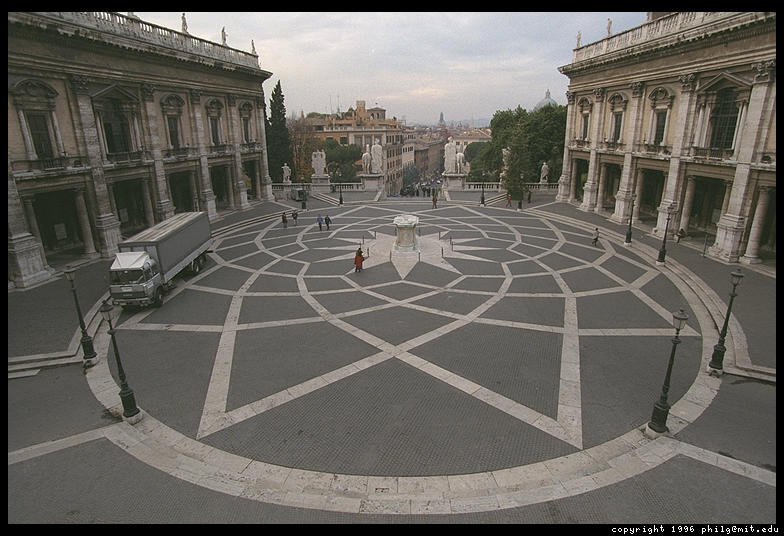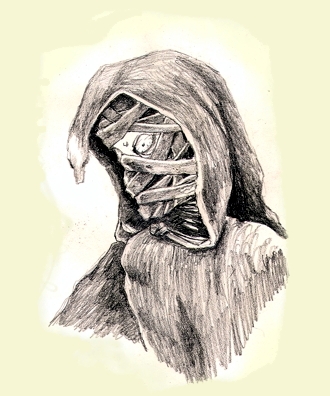 An Indian's Looking-Glass for the White Man by William Apess
An Indian's Looking-Glass for the White Man by William Apess"And I would ask: Could there by a more efficient way to distress and murder them by inches than the way they have taken?(1053)" Apess talks about how White man has robbed so much and yet hide being the color of ones skin.The crux of his argument is that the white man cannot hide behind his religion since the teachings were from a jewish man who is most certianly not white.
To phrase it in the words of another, "His extraordinary essay "An Indian's Looking-Glass for the White Man" (1833) is a powerful indictment of what Apess called color prejudice and what would today be called racism." From NovelGuide.com
At the time many were proudly calling America a Christian nation, which would set it apart from other nations. But being set apart will draw more attention and if that nations actions do not match their teachings it will be infuriating towards those who suffer at their hands. This is where Apess is coming from, he's writing from the view point of someone who's looking in at America and asking why does this happen. "By what you read, you may learn how deep your principles are. I should say they were skin-deep (1057)," deliberately making a pun and a point, Apess asserts that without the pretext of religion white men are no different than anyone else; guilty of their crimes. Apess ends with beseeching the reader to act on their beliefs and so this in an attempt to mend the fence as it were.












